Calling: Overcoming the Disease of Injustice in the Public Domain
The burning issue underlying this research-to-innovation is the lack of justice (that I call “The Disease of Injustice”) and the amount of frequent dispute on construction and bidding contracts, most especially when the Government (Public Works) is part of the contracts. Engineer Sameer AlAbbadi, working as legal expert and arbitrator in Jordan, is seeking to address this issue in his home country through an integral approach to justice, leading to speedy resolution of disputes. In this quest, social innovation is a key element.
Innovation Ecosystem: Bringing together Associations, Peers and a strong Steward
Sameer AlAbbadi is currently building up a strong innovation ecosystem, comprised of key local and regional figures engaging with him in a co-creative process to address the issues at hand. It includes transformation agents from the Jordanian Arbitrator’s Association (JAA), Jordan Construction Contractors Association, Peer arbitrators (Lawyers and Engineers), and others. Dr. Omar Aljazy, head of JAA, acts as a steward for this process. Over time, the establishment of an Integral Conflict Resolution Center, established by the members of the ecosystem is aspiring to act as an institutional force for the renewal of arbitration in Jordan, and hence as a force for social justice.
Integral Innovation: Towards Cultural Renewal of the Concept of Justice via the Theory of Revivalism
Integral Research is used as a transformative process to bring about integral justice. Drawing upon Trans4m’s Integral Worlds model, AlAbbadi adopts a holistic way of research and social innovation that is built on the interaction between the four worlds of the South (nature), East (culture), North (science) and West (economy).
Sameer AlAbbadi is envisioning to employ Co-operative Inquiry (CI) as his action research methodology. Through his research, he activates processes of integral renewal within arbitration practices, to be taken forward and scaled up through the envisioned establishment of an Integral Conflict Resolution Center. Regular dialogue sessions help to identify challenges, and find a common ground to effectively proffer home-grown solutions to arbitration in particular and to social justice in general rather than drawing on solutions from without.
Together with his innovation ecosystem, AlAbbadi is in the process to develop a new theory called Revivalism, based on the revival of Islamic Ethics and Values on Conflict Resolution. In this process, he is building, among others, on the work of Prophet Muhammad PBUH, who was able to act as a social renovator by emphasising the virtue and good morals and attitudes. The Prophet supported science and learning and fought bloodshed: The ink of the scholar is more sacred than the blood of the martyr.
Justice and the call for Justice is a social construct that is relative to human needs and interests. The use of Alternative Dispute Resolutions for AlAbbadi is a key tool for conflict resolution employing (reviving) the societal and community root values.
Integral Impact: Envisioning an Integral Conflict Resolution Center
Engineer AlAbbadi’s research-to-innovation is expected to lead to the creation if an Integral Conflict Resolution Center. In the final stage of his research, ALAbbadi seeks to draw on cooperative inquiry, doing research “with people” instead of “on people”, forming a CI group, following Heron’s four epistemologies, or “ways of knowing”, namely experiential knowing, imaginal knowing, propositional knowing and practical knowing.

